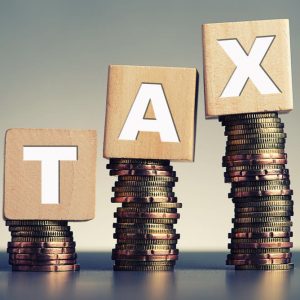
In the detail of its Levelling Up and Regeneration Bill which had its first reading on 11 May, the Department for Levelling Up, Housing and Communities said the higher tax could apply to homes which have been empty for more than a year, rather than the current two year timeframe.
The application of this additional tax will be to the discretion of local councils.
The department said this would “encourage more empty homes into productive use, while enabling councils to raise and retain additional revenue to support local services and keep council tax down for local residents”.
Other housing plans
The government said it would also bring forward legislation to clarify what counts as suitable permission in the Self-build and Custom Housebuilding Act. This is expected to encourage the delivery of more self and custom build housing and ensure local authorities make provision for appropriate sites.
Additionally, more power will be given to local authorities to support the development of affordable housing.
The government proposed the introduction of a ‘right to require’ clause to the Infrastructure Levy to get rid of the role of negotiation when determining levels of onsite affordable housing. The Infrastructure Levy is a charge which can be levied by local authorities on new developments and a relief is given to developers who build affordable homes.
The clause aims to rebalance the “inequality between developers and local authorities by allowing local authorities to determine the portion of the levy they receive in-kind as onsite affordable homes”.
















